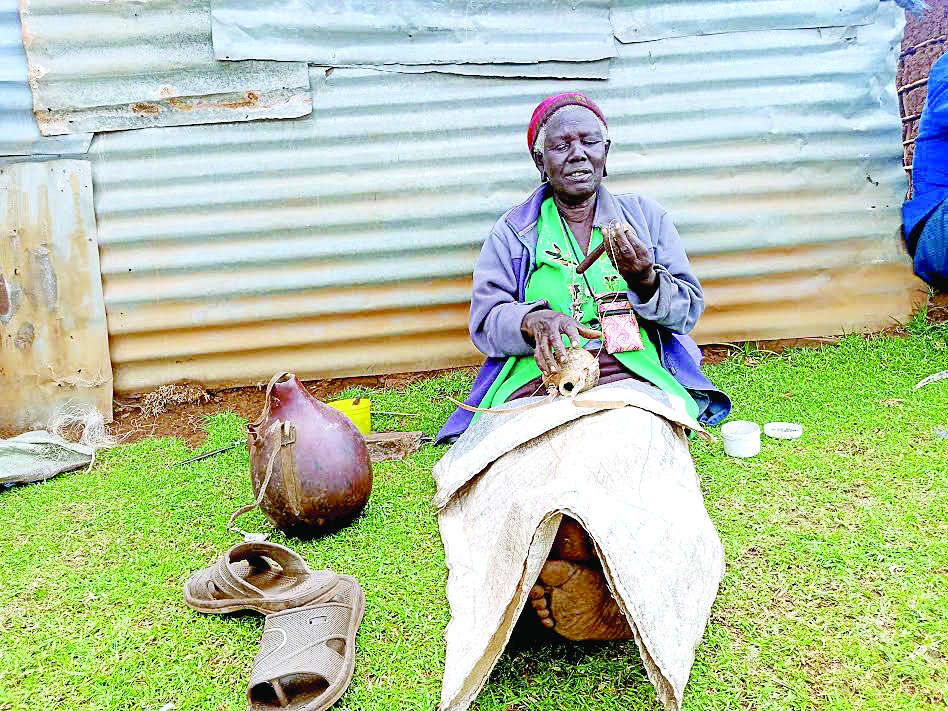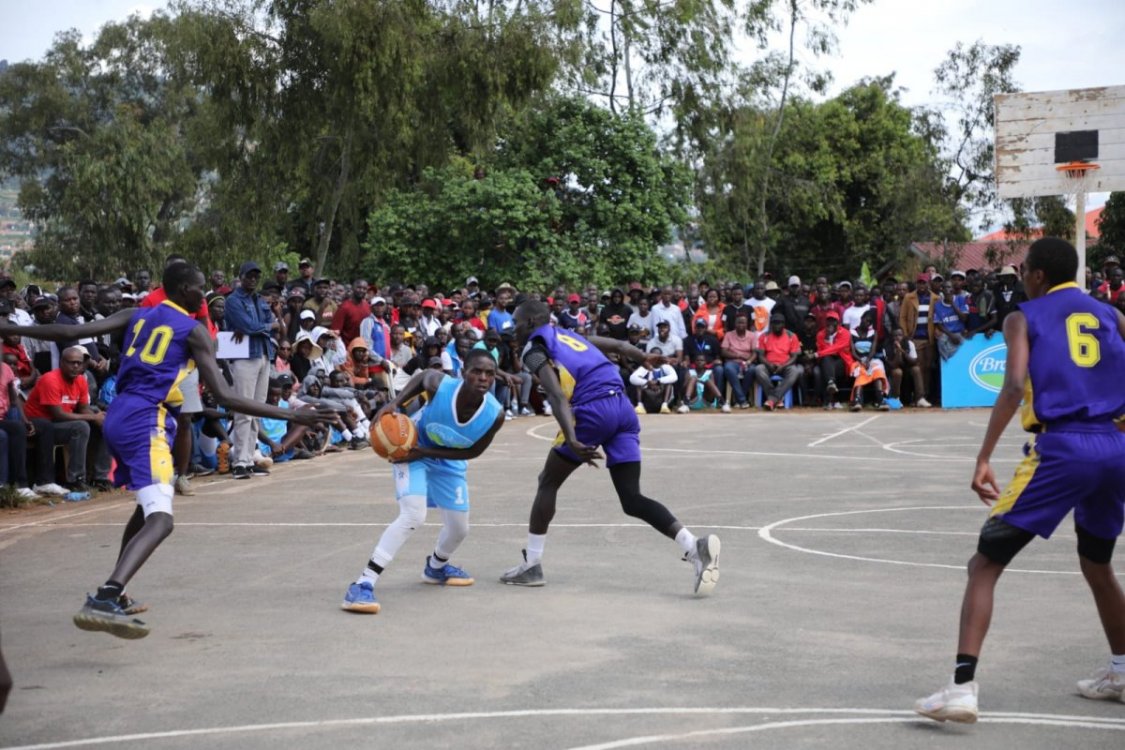Untold suffering of Mau evictees at Narok’s Kibra

“My children don’t go to school and I have no means of getting food for them. Getting frustrated is easy because our efforts have hit a brick wall.” These were the first words uttered by Mercy Chepkirui, as she struggles to contain tears welling up in her eyes. She is one of the Mau Forest evictees living in ‘Kibera’ camp in Sagamian Ward, Narok County.
About 460 people resettled at Saptet IDP camp, which has been dubbed ‘Kibera’ because of extreme poverty and congestion. Residents say life is an uphill task as they live from hand to mouth. Food is what they try most to get daily as they hope for better days to come. “We have been here for about four years now without any tangible help. The government should have mercy on us,” Mercy says as she recomposes herself to continue speaking to us.
For residents in this camp, casual work is the only way to eke a living. And it isn’t easy to come by, as they all compete for the few erratic jobs available. Others have to travel as far as five kilo metres in search of jobs.
Janet Bii, a resident, points out that they have no other way of getting food. “When we get casual work, we use the money to buy food. If we don’t get money, we go to bed hungry. The money is very little, and we don’t have a place to farm,” she adds.
Anna Tonui says: “When we go out to look for work, our young children, whom we left hungry, scavenge for food. They have been regarded as thieves yet it’s hunger that is driving them to rummage the villages and pathways. We are stigmatised.”
Accessing water is another problem. William Tonui explains that they have to travel long distances to get water. “People neighbouring this camp have blocked us from accessing the rivers. So we trek for about a kilometre to get water. We have a big tank here but it barely collects water due to the prevailing drought. It was brought to us by politicians,” he says.
The condition of the houses is horrible. The residents say they built about 450 dwellings but that approximately 100 were brought down by landslides, which are frequent in the area when it rains. The remaining houses are barely habitable.
The families live in crumbling structures, which they say are inadequate for their families. Each family has between six and 12 members. Resident Anna Tonui explains: “I have eight children, so I divide the house using bedsheets when sleeping at night. My neighbour has 12 children and they all live in a similar house”.
Sanitation at the camp is dire. The number of latrines available compared to the population, is worrying. Children, adults and the elderly share five latrines. Residents say they had 27 latrines but 22 are full, posing a great danger to them from diseases like cholera. “Latrines like that one (pointing ahead) are full. Without proper shoes you can’t get in”, Mercy says.
Truant children
Children at the camp no longer go to school since their parents have no money to pay fees. The level of truancy is alarmingly high as children search for food.
Zephaniah Ng’etich, a Class Six drop-out, says his parents were unable to cater for his academic needs. “But if given an opportunity, I am ready to go back to school. I dropped out in Class Six,” he recounts.
Other children, especially girls, have swapped schooling for licentiousness to get food and personal upkeep, as Anna Tonui narrates: “Since we came here, our children don’t go to school. Some of our daughters have become pregnant and given birth. Others engage in licentious acts like prostitution to cater for their basic needs such as food and clothes”.
Mental illness is not new at the slum. Many residents are depressed, frustrated and withdrawn. Three residents are battling for their lives in Longisa County Hospital, while others have died — leading to a dilemma of where to bury them.
“When a person falls ill, we get really worried since we have no money to take them to hospital. And should they die, we have nowhere to bury them. We seek out their relatives and clan members for places to bury them,” states William Tonui.
Elderly people at the camp say they have all been neglected. Rebecca Maridany, 71, recalls the suffering she has gone through due to lack of food and physical assistance. With frailties caused by age, her main work is to sew straps on calabashes for sale by the road side.
She confides that she lost her husband and son to stress-related ailments. “I can’t walk anymore; I am unable to stand. I sit here the whole day trying to sell these calabashes so that I can get something to eat. I appeal to the government to resettle us”.
Her sentiments are echoed by Kipsang Mastamet, 70. He is asleep when we arrive at his house, and rouses up slowly.
After a brief talk, he escorts out of his house — speaking feebly and plaintively, owing to hunger and malaise. “I have no land; I live in extreme poverty. To eat, I have to beg for food, or sleep hungry,” he says.
Assistance from well-wishers and churches comes once in a while. It is highly welcome, but it doesn’t eradicate their perennial hunger pangs.
“We also receive help from the county government. These gestures are good, but they are few and far between,” says camp chairman John Bii.









